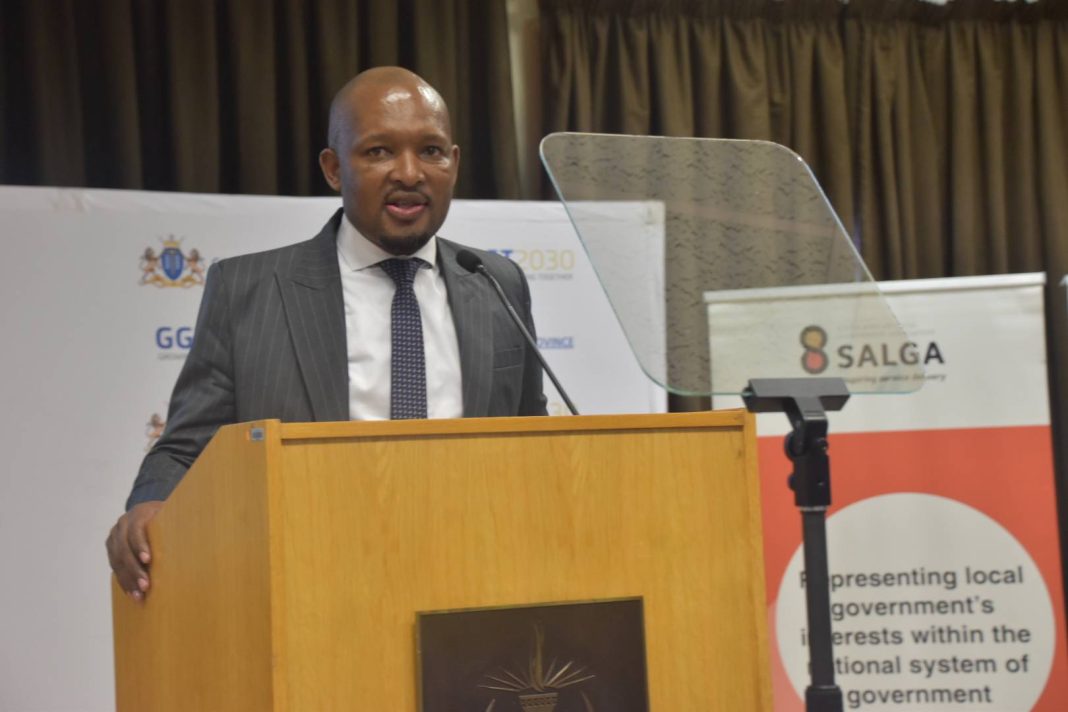By Alderman Aaron Maluleka
The Department of Cooperative Governance and Traditional Affairs (COGTA) has taken a critical step by reviewing the 1998 White Paper on Local Government, a policy that once promised transformative, people-centered governance but now stands as a relic of unfulfilled potential.
Decades of financial mismanagement, service delivery failures, and systemic corruption have eroded public trust, leaving municipalities dysfunctional and communities disillusioned.
This review is not just necessary—it is urgent, and its success depends on bold, actionable reforms.
South Africa’s local government system is in crisis.
Municipal debt has ballooned to R230.5 billion, with households—many already struggling—bearing the brunt. Water and electricity failures have become routine, while corruption and political interference paralyse governance.
The skills deficit is equally alarming, with key positions like municipal managers remaining vacant, crippling service delivery.
The 1998 White Paper’s vision of developmental local government has been undermined by poor implementation, weak oversight, and a lack of accountability.
To address these challenges, the review must prioritise financial sustainability.
Municipalities cannot continue relying on national bailouts while failing to collect revenue.
Innovative financing models, stricter debt management, and support for revenue enhancement must be central to the revised policy. Equally important is ethical leadership.
The culture of impunity must end: municipal officials and councillors guilty of corruption or negligence must face consequences, and political appointments should be based on merit, not patronage.
Furthermore, community engagement must move beyond tokenism.
The surge in service delivery protests reflects deep frustration with exclusionary governance.
Municipalities should institutionalise participatory budgeting and regular public forums to ensure citizens have a real voice in decisions affecting them.
Additionally, the review must clarify the role of traditional leaders in local governance, ensuring their inclusion does not undermine democratic accountability.
Finally, capacity building is non-negotiable.
The state must invest in training and retaining skilled professionals while addressing the brain drain in local government.
Partnerships with universities and professional bodies could also help bridge the skills gap.
This review is a chance to reset local government—not with empty promises, but with enforceable, practical solutions.
COGTA must act decisively, consulting widely but also ensuring that the revised White Paper is more than just another document. It must be a blueprint for a functional, ethical, and people-driven local government system.
The time for half-measures is over; South Africa’s municipalities need radical reform, and they need it now.
Alderman Aaron Maluleka is Member of the Mayoral Committee (MMC) for Human Settlements in the City of Tshwane.
INSIDE METROS

